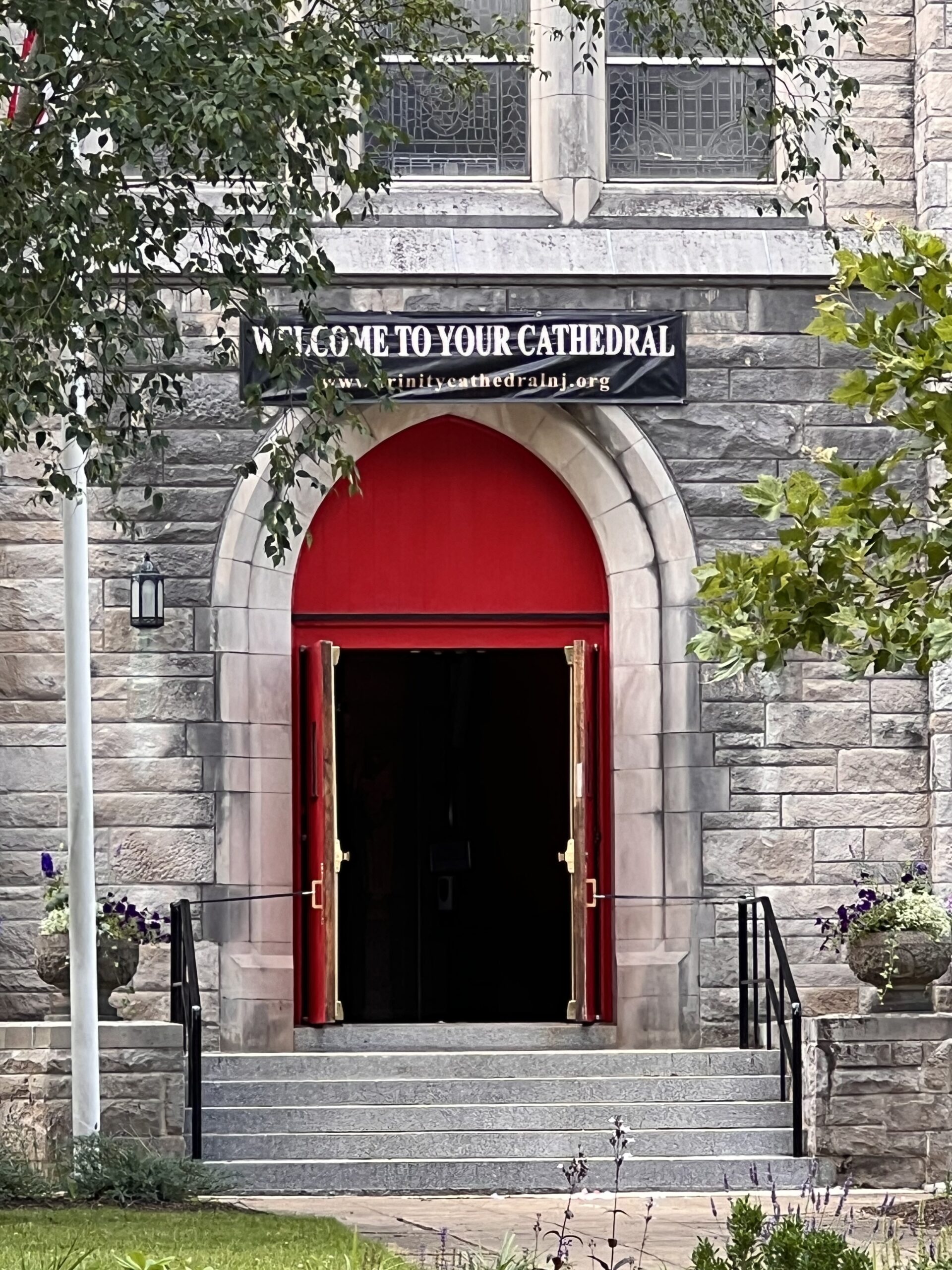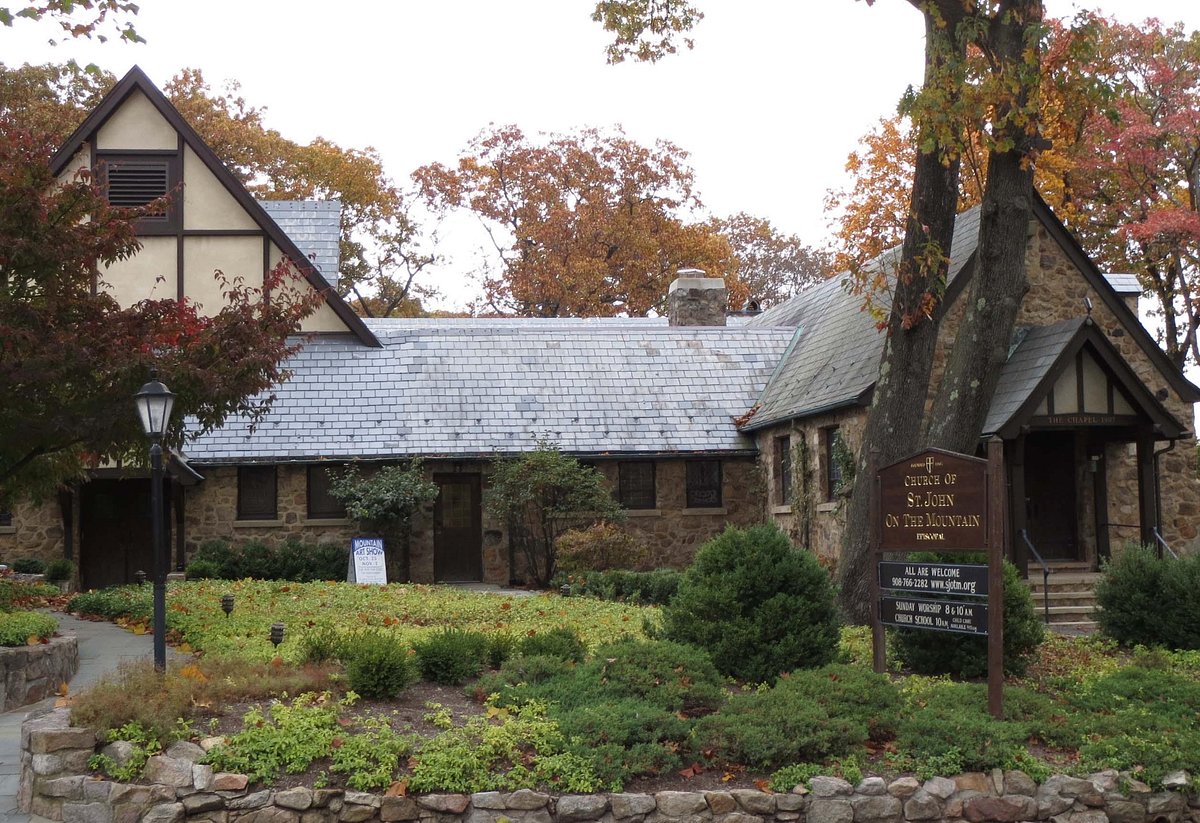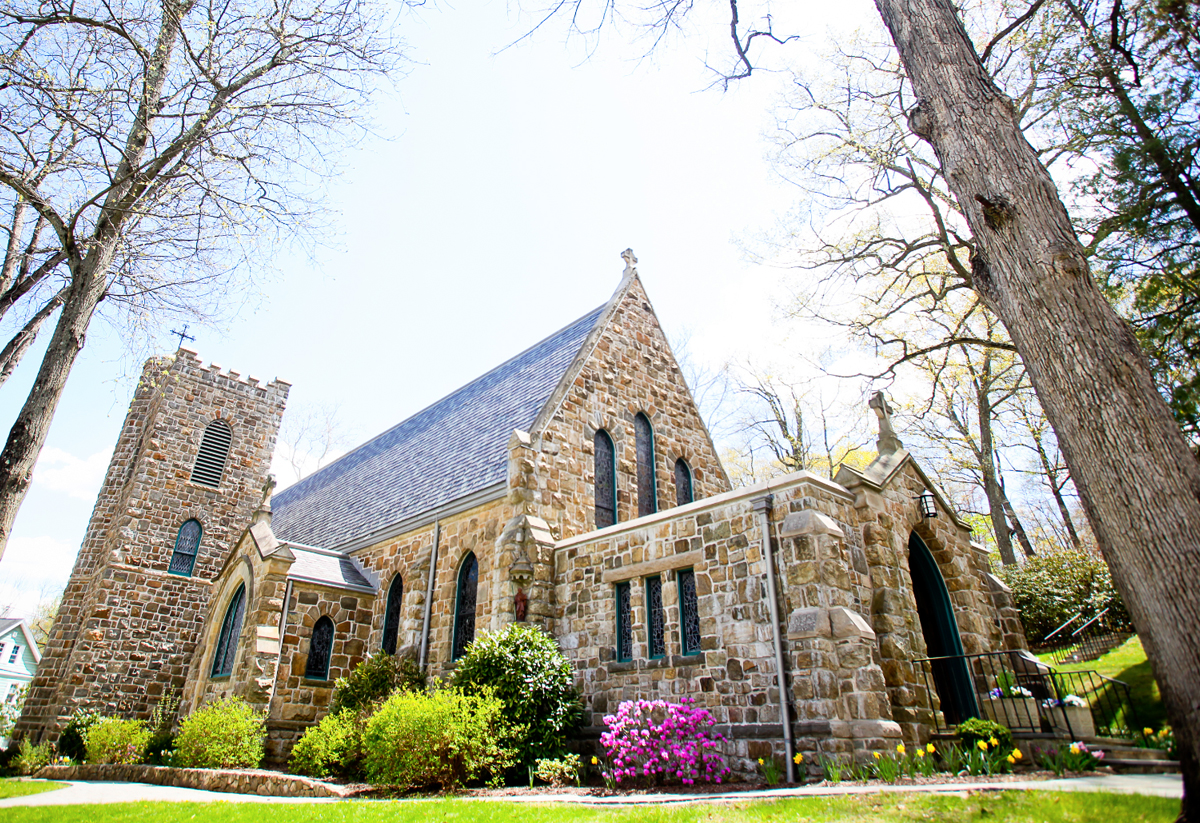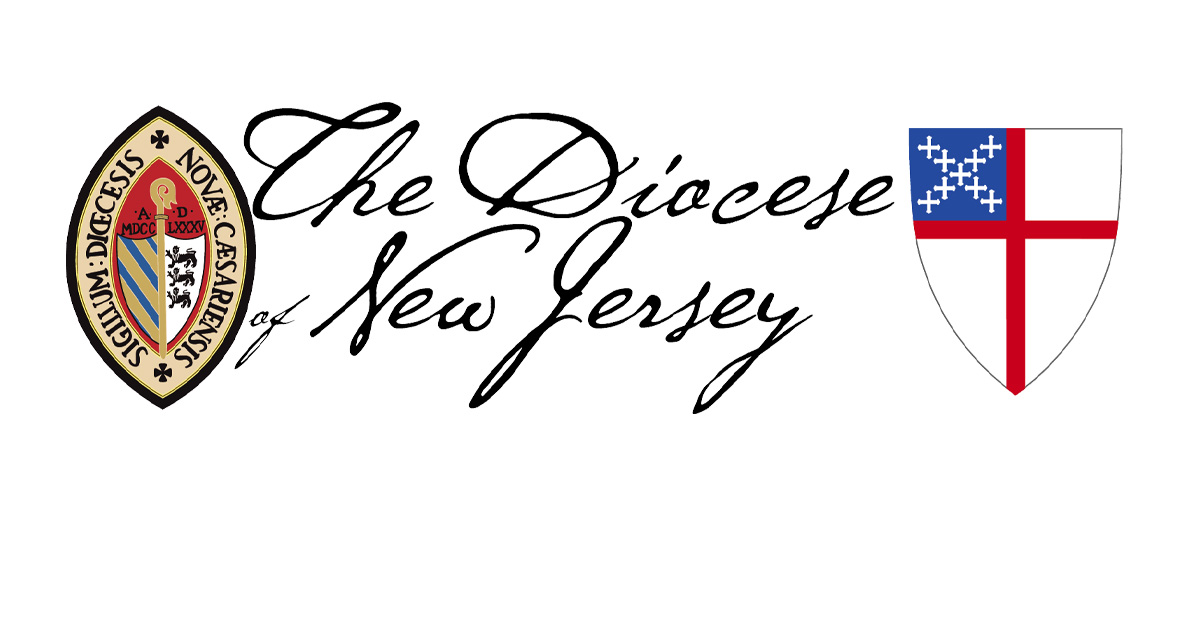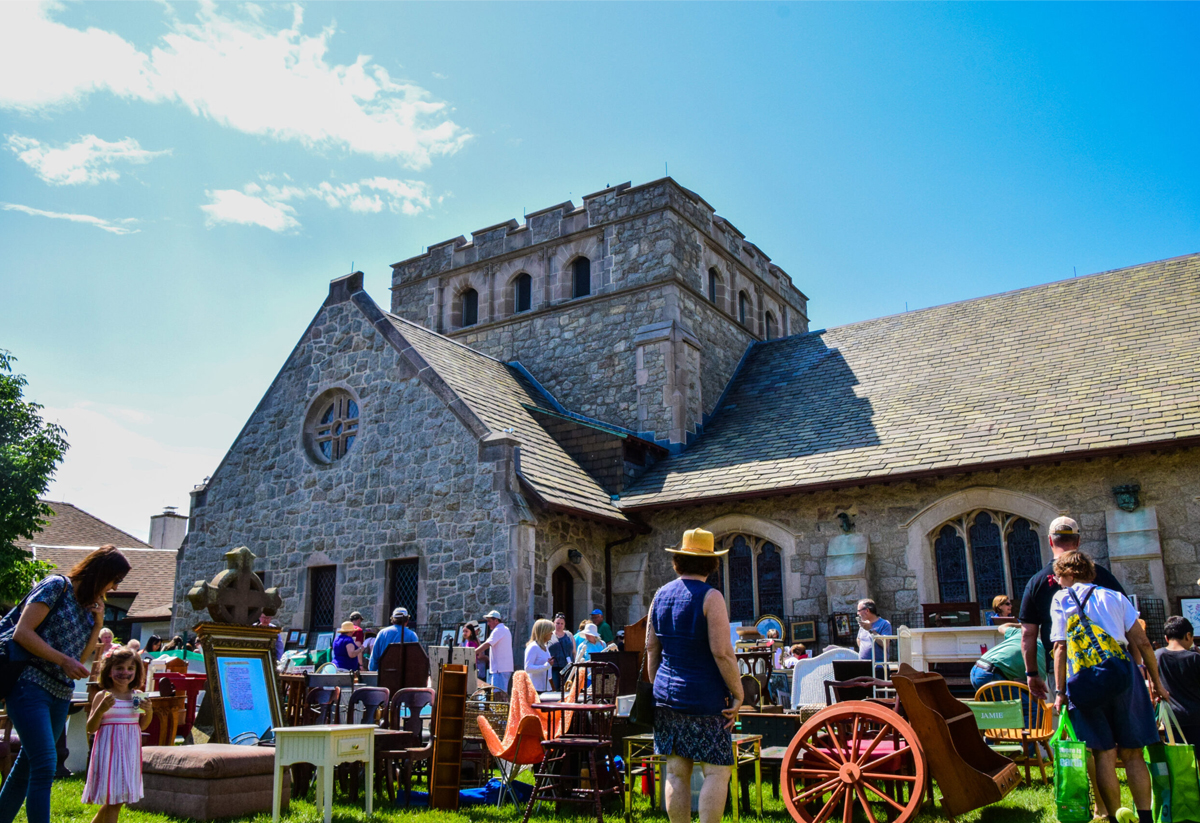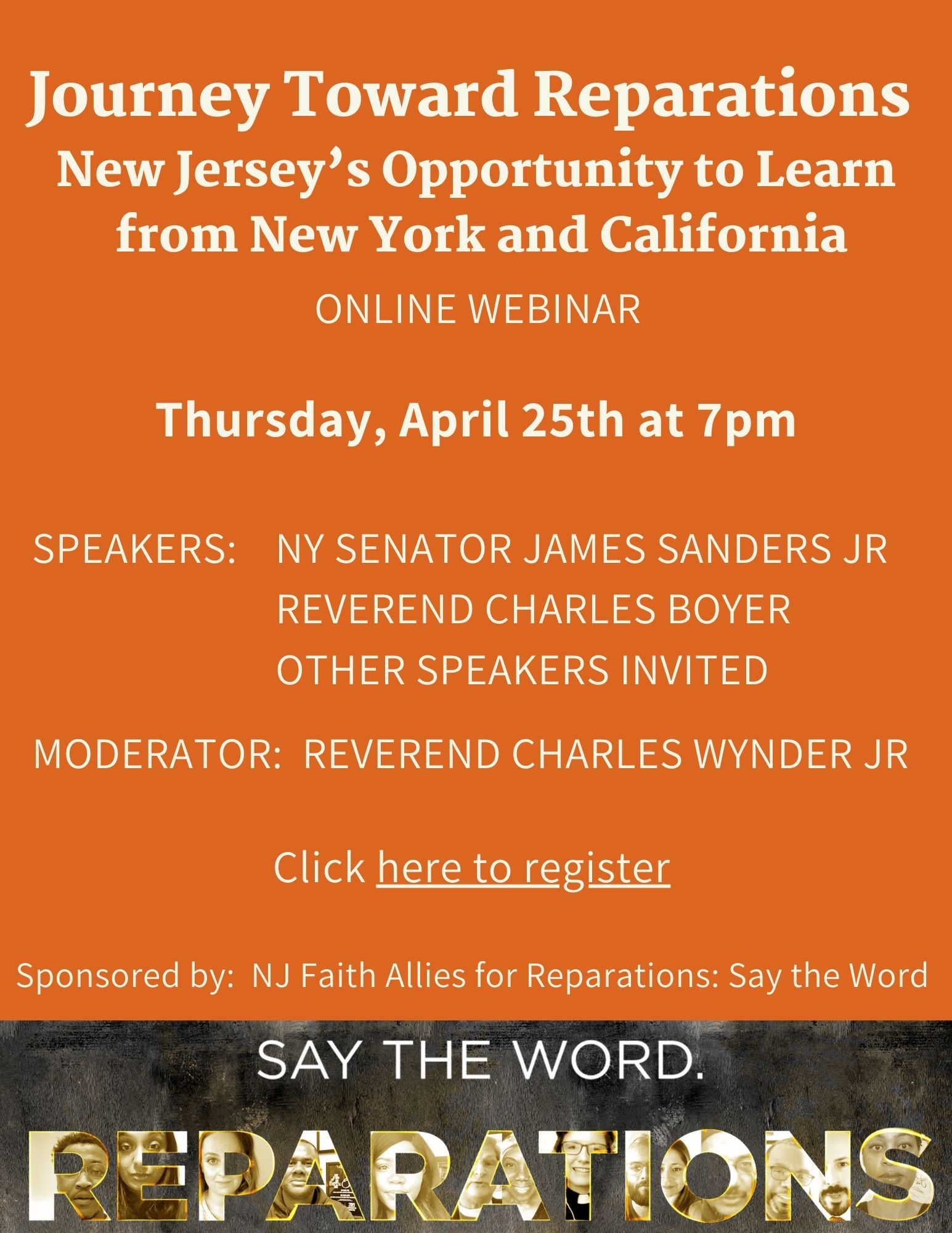The Episcopal Church Office of Creation Care announces the opening of the 2023 Creation Care grant funding cycle, with applications—available in English and Spanish—being accepted for local and regional eco-ministry projects until 5 p.m. ET May 1.
An informational webinar to learn more about the grant process and ask questions is scheduled for 7 p.m. ET March 14. Register online—or view the webinar later on-demand.
Overseen by the church’s Task Force on Creation Care and Environmental Racism, Creation Care grants seek to support eco-ministry projects that address climate change, environmental degradation, and the inequitable and systemic impacts of environmental racism. The grant committee is interested in supporting programs that go beyond secular environmental work to provide resources for faith-based community organizing and theological reflection.
Projects that support The Episcopal Church in reaching the goal of net carbon neutrality by 2030 will be favorably considered, along with projects that develop climate change resiliency.
“We are called to the gospel work of caring for God’s creation,” said the Rev. Melanie Mullen, director of Reconciliation, Justice, and Creation Care. “Creation Care grants support the innovative and reparative work of Episcopal congregations and organizations who are leading the church toward climate and environmental justice.”
Up to 12 projects—ranging from $8,000 to $25,000 each—will be awarded to Episcopal institutions. Read about the 2022 Creation Care grant recipients.
This will be the fourth round of Creation Care grant funding since 2019, utilizing funds allocated by The Episcopal Church’s General Convention. In July 2022, the 80th General Convention affirmed the church’s continued call “to recognize Care of Creation and Environmental Justice as integral and ongoing parts of the Church’s loving, liberating, and life-giving work.”
“Last summer, General Convention passed a resolution encouraging parishes, dioceses, schools, camps, and other Episcopal institutions to work toward the goal of net carbon neutrality by 2030. We would love to see grant projects that support this goal,” said the Rev. Stephanie M. Johnson, chair of the task force.
Vice Chair Alexizendria Link added: “Projects are also invited to respond to the sin of environmental racism and the concept of environmental reparations.” She noted, “The task force is committed to funding efforts that are supported and led by youth and young adults, communities of color, and Indigenous peoples.”
Additional questions can be emailed to Phoebe Chatfield, associate for creation care and justice.
Learn more about The Episcopal Church’s creation care initiatives.

